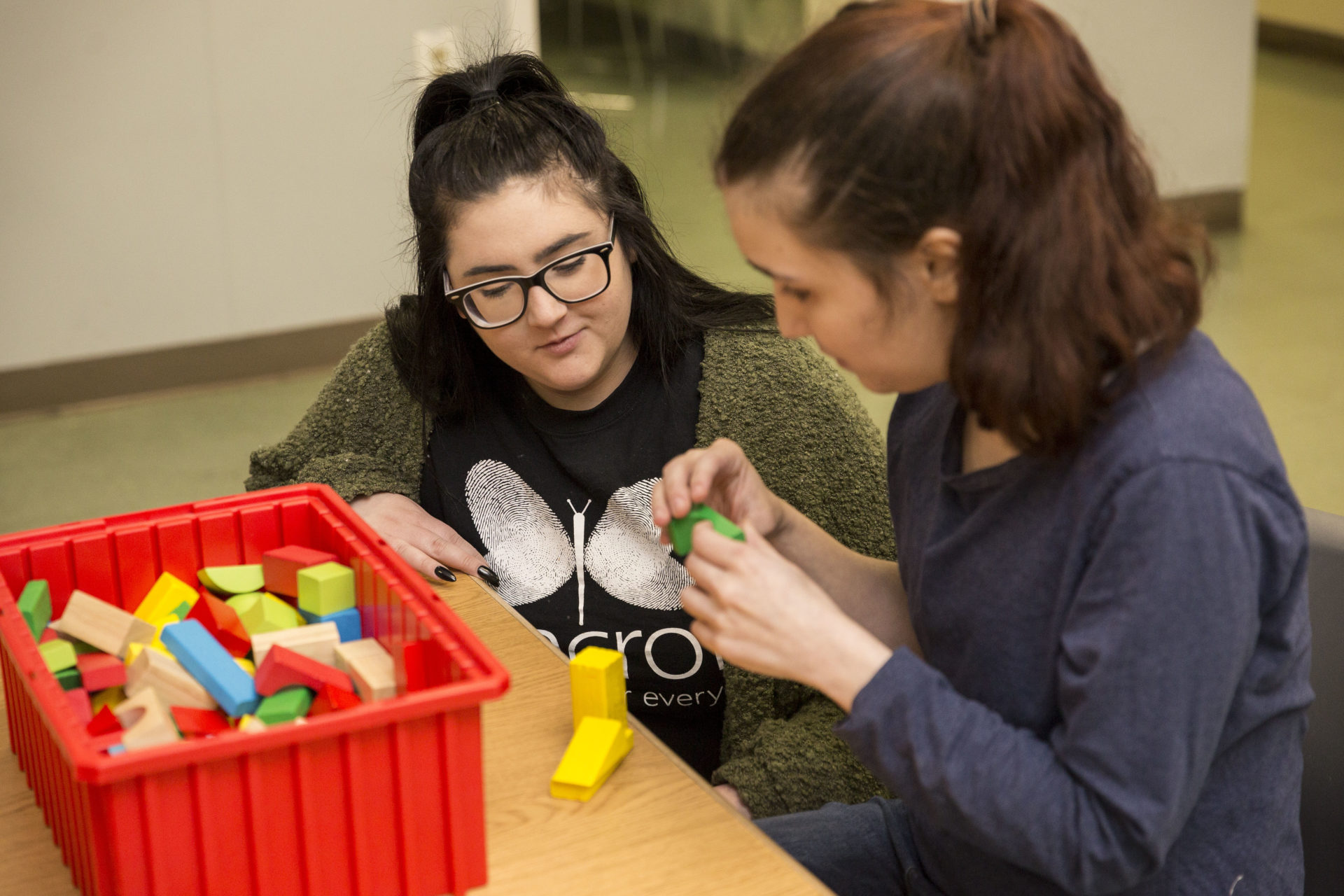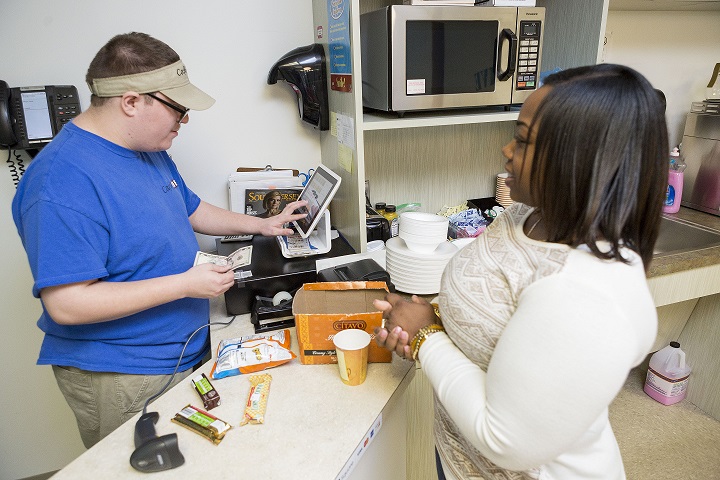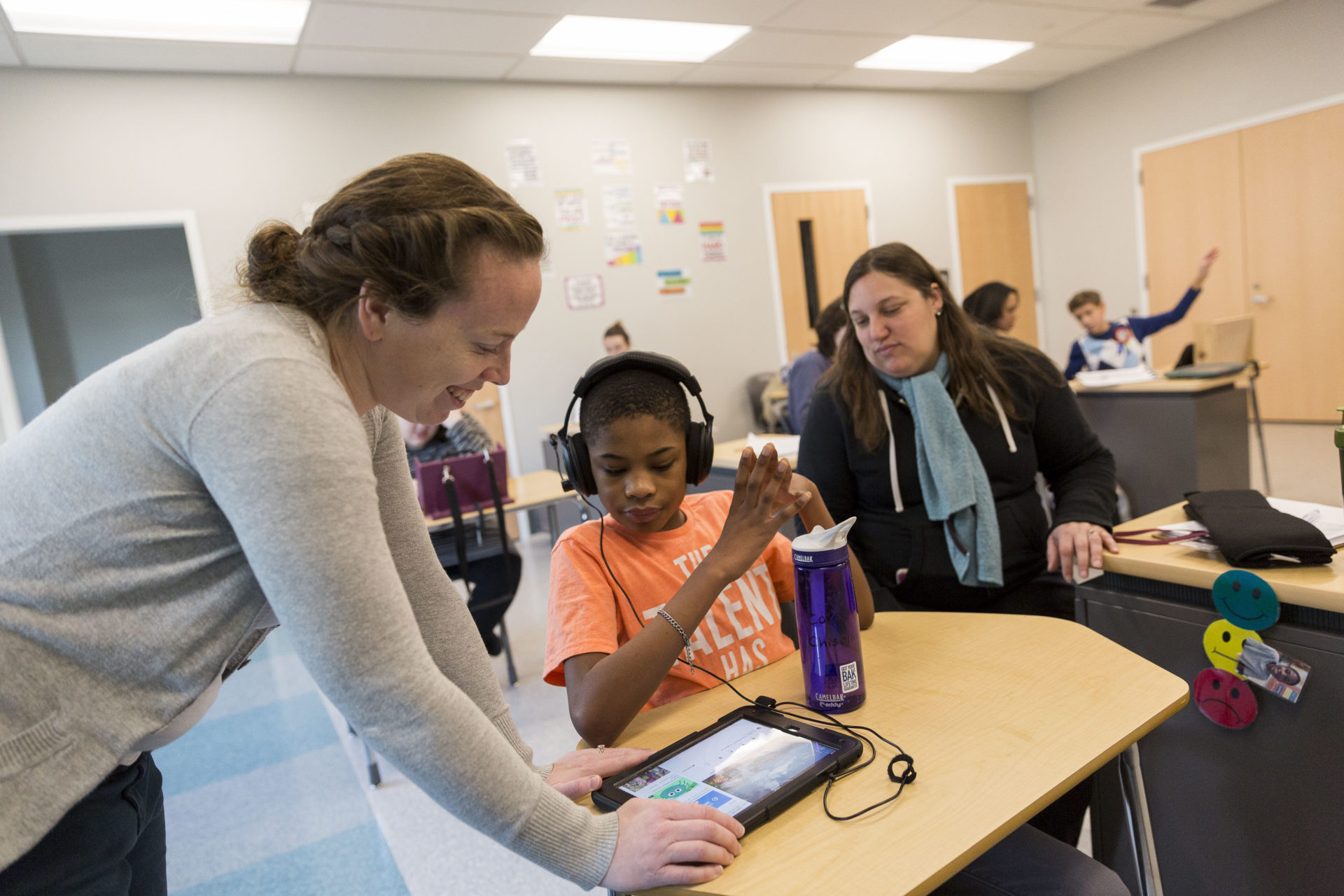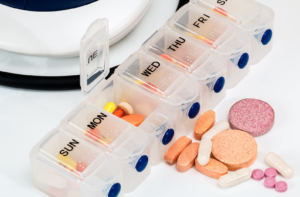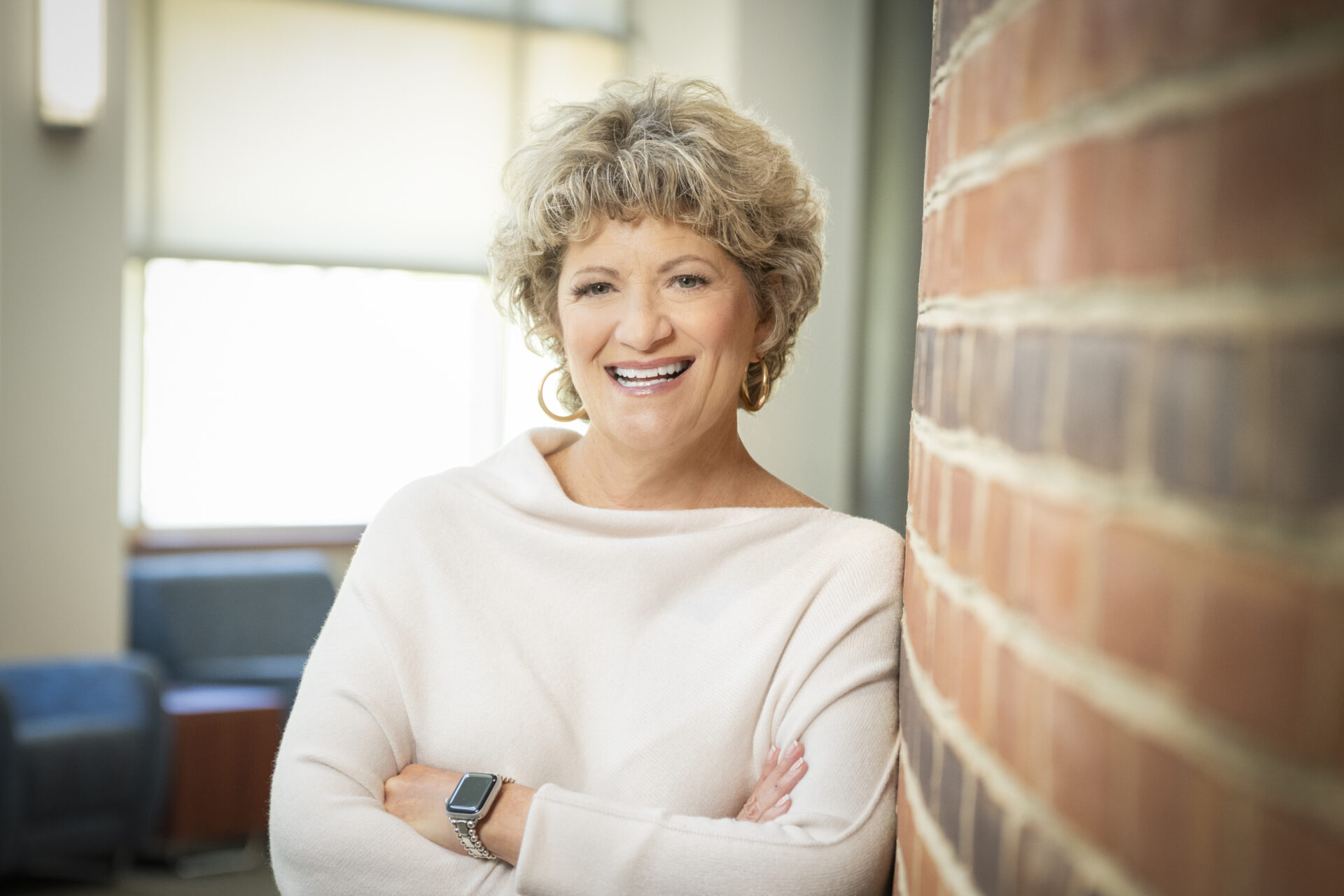 Who hasn’t taken a dose of headache medicine every now and then? The simple fact is that medication is a part of life for all of us.
Who hasn’t taken a dose of headache medicine every now and then? The simple fact is that medication is a part of life for all of us.
But for individuals with autism and intellectual/developmental disabilities, that fact rings even more true. With a high level of complexity often seen in children with autism or other disabilities, including many co-existing conditions, medication treatments can be complicated and confusing.
What’s important to realize is that every drug we take, be it headache medicine or something more highly regulated, comes with potential side effects, as well as possible interactions with other medications – and even certain foods.
Side effects can be wide ranging – and visible or invisible; something as obvious as a rash, or as hard-to-detect as a change in metabolism. When dealing with an individual who is nonverbal or has trouble communicating, it can be that much more difficult to gauge what’s wrong.
So: How do we know when something we experience is because of a new medication we’re taking? The simple answer is: It’s not that simple, says Lisa Alberts, DNP, PMHNP-BC, APRN-BC, Senior Clinical Director of Children’s Health Services at Bancroft.
Alberts, who has worked with children on the autism spectrum and their families for over 30 years, shared these few pieces of advice for parents asking themselves that question:
Assume any change could be a result of medication. Reactions vary greatly from one person to another, and can take several days to weeks to emerge. So if you notice anything different at all about your loved one’s appearance, mood, habits or behaviors, it’s best to follow up with your provider. This includes changes in sleep patterns, mood or behavior, bodily functions, appetite or physical appearance.
Be informed. Research newly prescribed medications, or ones you’re considering. You are your loved one’s best advocate, so the better prepared you are to ask questions and have an informed discussion about options, the better.
Start slow. Talk to your loved one’s practitioner about starting them on the lowest possible dose of medication – and adjust from there.
Follow through on follow-up. Your practitioner should follow up with blood work about 6 to 8 weeks after starting a new medication, and about every six months after that, Alberts says. Labs can provide a clearer picture of side effects that may not be visible to the eye, such as changes in metabolism – which can help prevent dramatic changes in blood sugar levels and weight.
Remember: Alternative medicine is still medicine. It’s more common than ever for parents and guardians to seek out alternative treatment and medication options. But, Alberts says, alternative medicine is still medicine, and it will still affect each person differently. Keep that in mind — and make sure you’re working with a licensed practitioner.
|
|
While the internet can be a valuable tool for parents with questions, there’s as much bad information out there as there is good. Alberts recommends websites like MedlinePlus.gov for reliable health information.
Your local pharmacist is another invaluable – and underutilized – resource.
“Your pharmacist is there to answer questions, and he or she has been trained specifically to understand the mechanisms behind certain medications, side effects and potential interactions,” she says. “Don’t be afraid to ask questions of them, as well.”
Above all, Alberts says – there’s never any shame in asking questions of your loved one’s medical practitioner.




